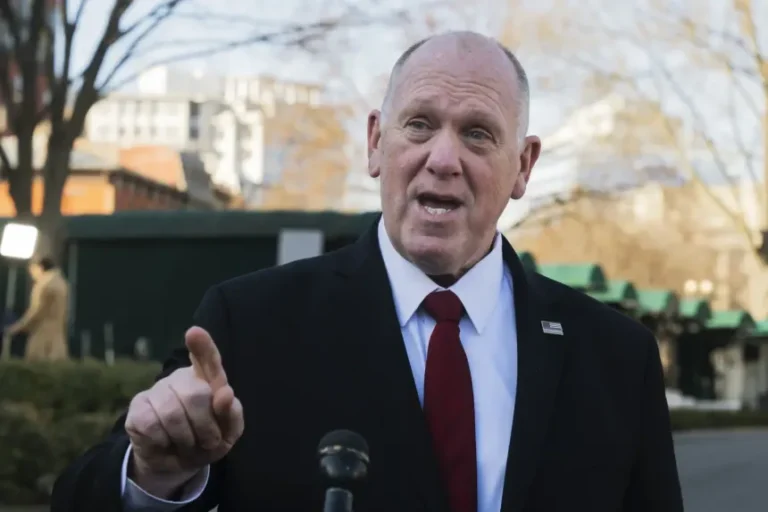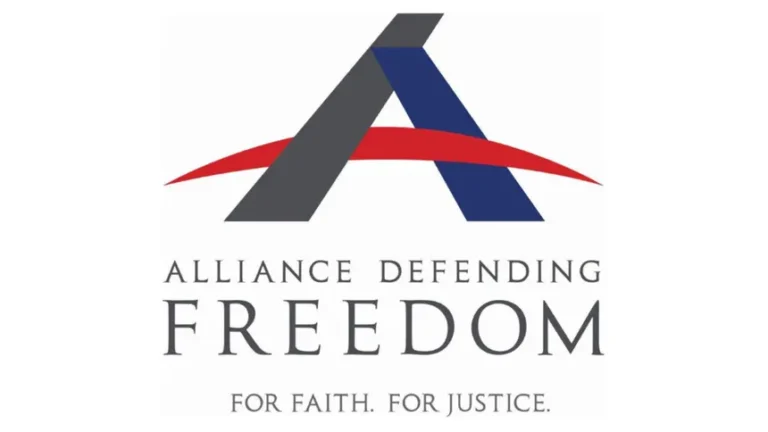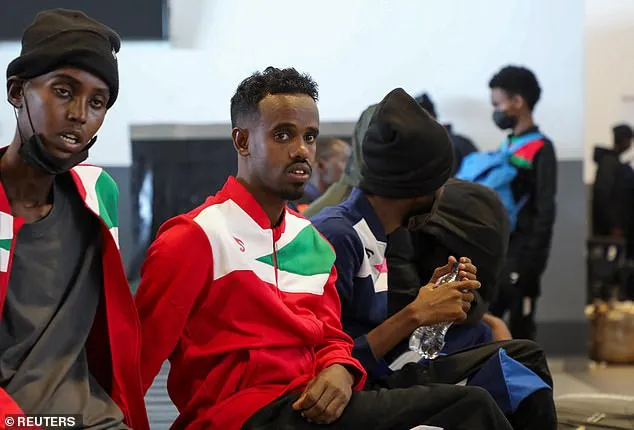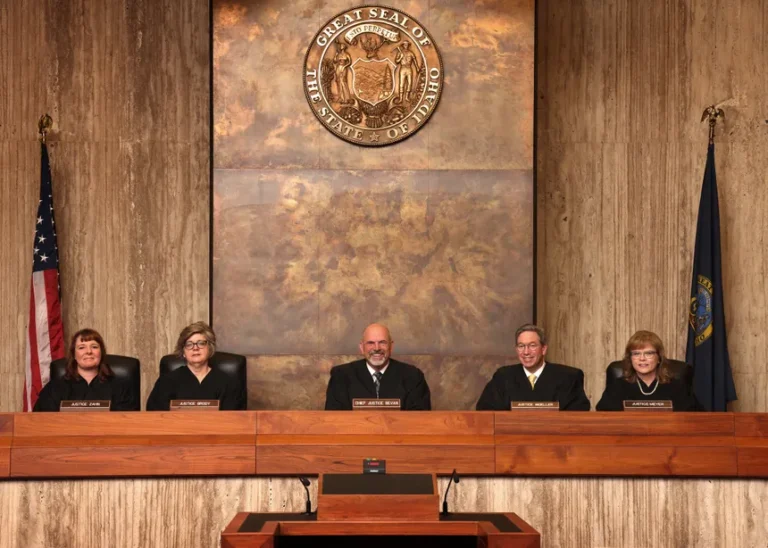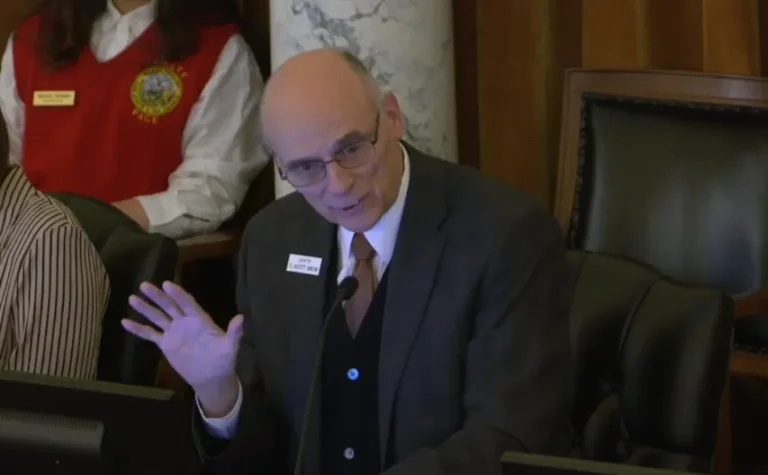
Court Ruling Clears Path for End of CHNV Parole Program
WASHINGTON, D.C. — The Supreme Court has allowed the Trump administration to move forward with revoking temporary legal status for more than 500,000 immigrants from four Latin American countries. The decision grants an emergency request from the Department of Homeland Security to end a Biden-era immigration policy that had permitted individuals from Cuba, Haiti, Nicaragua, and Venezuela to live and work in the United States temporarily.
The Court’s unsigned order did not provide an explanation for its decision. Justices Ketanji Brown Jackson and Sonia Sotomayor dissented, expressing concern over the humanitarian impact of the ruling.
Temporary Status Revoked Amid Ongoing Legal Dispute
The now-suspended policy, introduced in 2022 by then-Secretary of Homeland Security Alejandro Mayorkas, provided two-year parole for certain migrants from the four nations. Known as the CHNV parole program, the initiative required applicants to undergo background checks and secure a U.S.-based sponsor.
Massachusetts-based U.S. District Judge Indira Talwani had previously blocked the Trump administration from immediately ending the program, ruling that immigration authorities could not cancel the protections without conducting individualized assessments. That ruling is now paused while legal proceedings continue.
Administration Cites Statutory Authority
Solicitor General D. John Sauer argued that Talwani lacked jurisdiction in the case, stating that current Homeland Security Secretary Kristi Noem had the authority under the Immigration and Nationality Act to terminate the program. The Department of Homeland Security has said previously that individuals covered by the CHNV parole would not be eligible for renewal once their initial term expired.
According to court filings, the program’s cancellation will leave affected individuals without legal status or work authorization and vulnerable to deportation.
Advocates Warn of Humanitarian Impact
Immigrant rights organizations and legal advocates expressed alarm at the Court’s decision. Karen Tumlin, an attorney with the Justice Action Center representing impacted individuals, described the ruling as “the largest such de-legalization in the modern era.” She added that the decision could lead to “widespread chaos” for the families, communities, and employers of those affected.
The Haitian Bridge Alliance, another plaintiff in the case, argued that the move would render thousands of individuals undocumented overnight, with serious social and economic consequences.
Broader Legal and Political Implications
This case is one of several in which the Trump administration has challenged lower court restrictions on executive authority, particularly around immigration policy. While the administration has framed the decision as a matter of restoring executive control over border policy, critics say the move bypasses congressional oversight and risks abrupt disruptions to communities.
The ruling comes amid heightened focus on immigration enforcement and presidential powers in advance of the 2026 election cycle.
